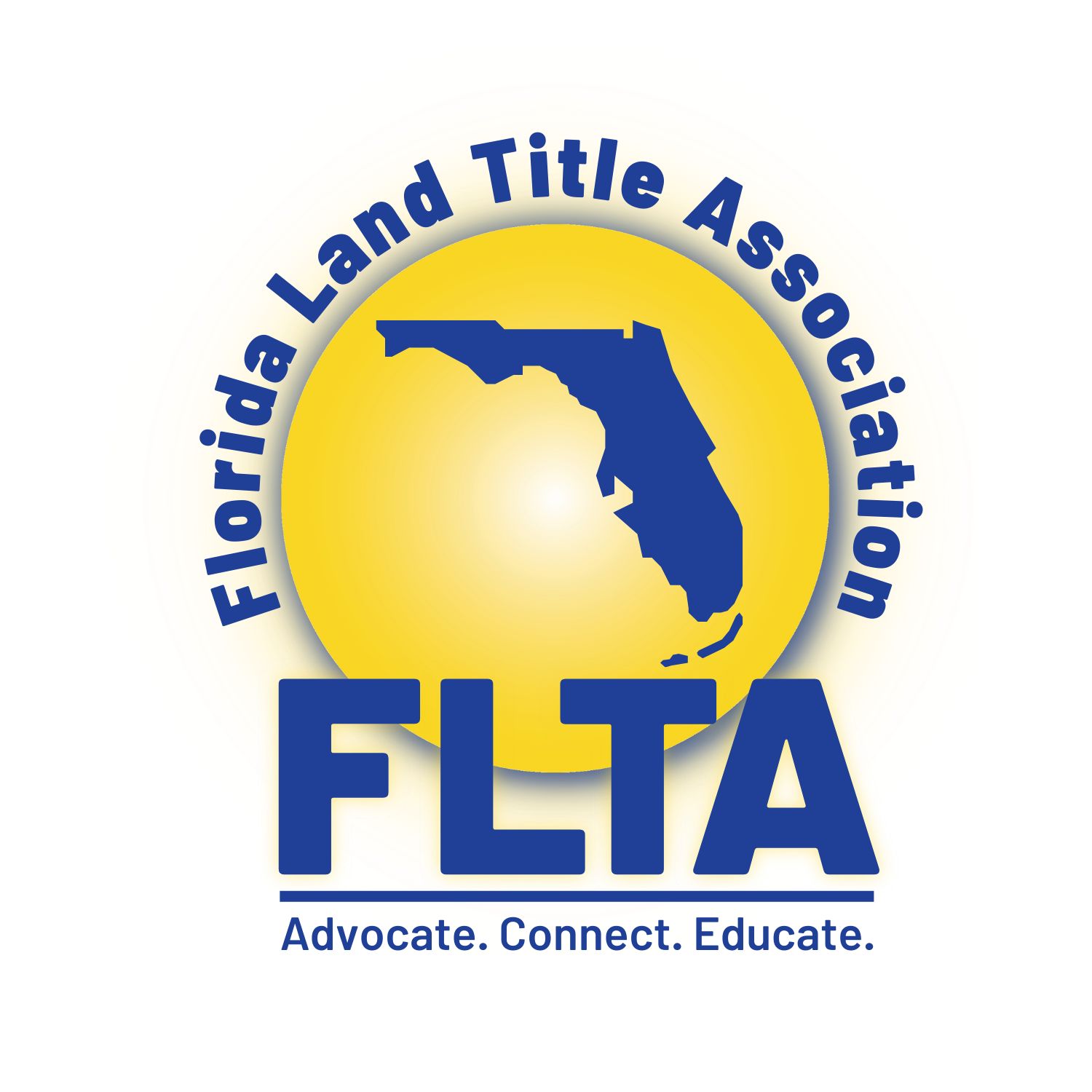Industry news
Email: Executive Director, Scott Merritt Email: Membership Engagement Coordinator, Rebecca Charette Phone: 850-681-6422 | Florida Land Title Association is a 501(c)6 not-for-profit organization. Copyright © 2013-2021. All Rights Reserved. | Mailing Address: |
Powered by Wild Apricot Membership Software
